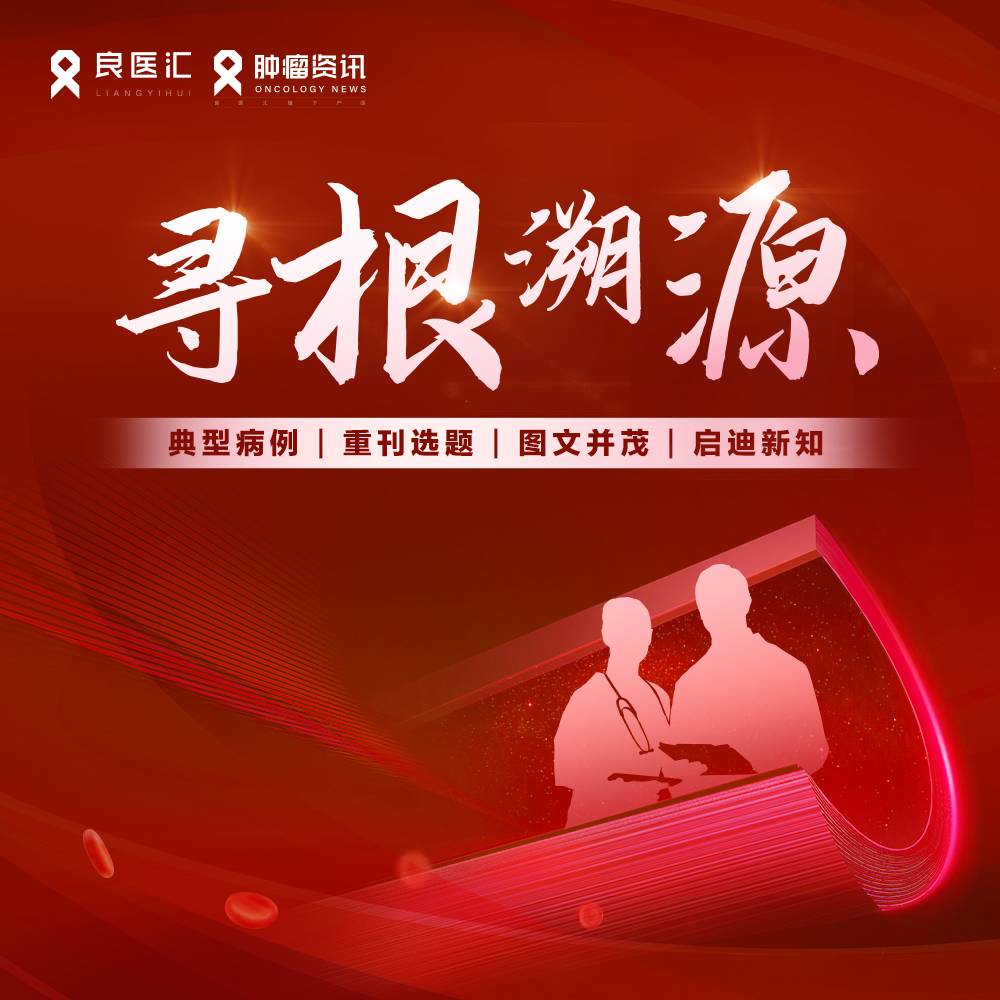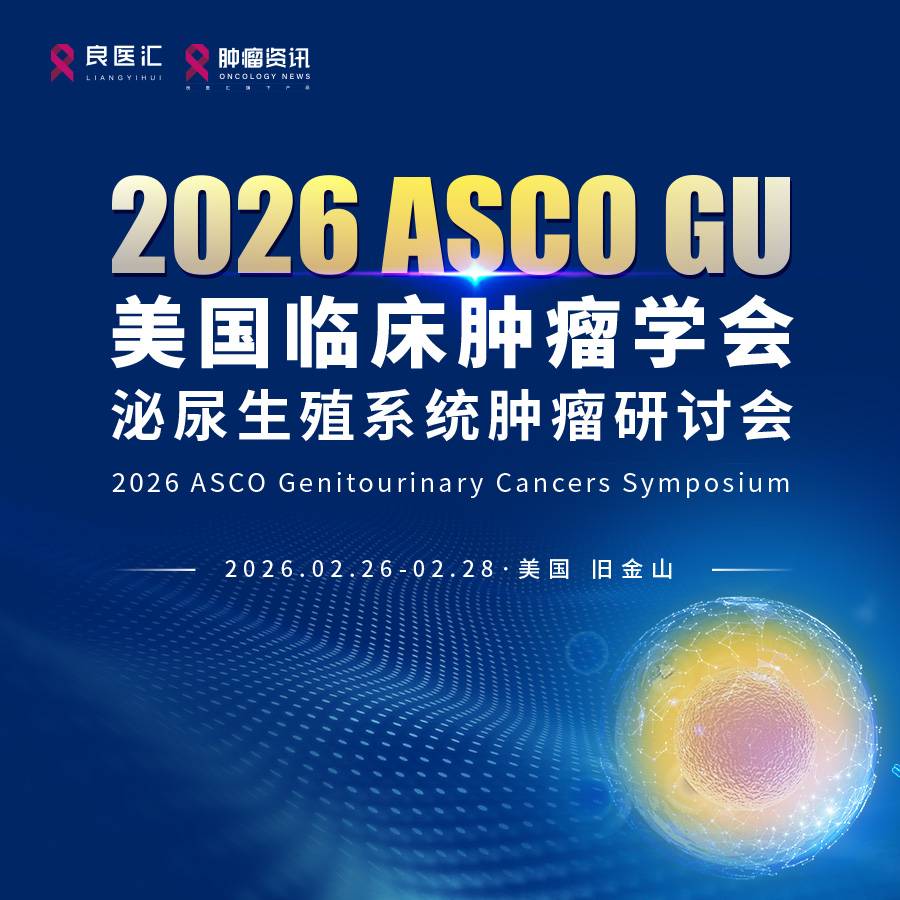整理:大叔
来源:大叔快评
2016年11月10日BMS(百时美施贵宝)与联合研发伙伴日本小野制药(ONO Pharmaceutical Co., Ltd.)宣布了晚期胃癌 phase III临床研究(ONO-4538-12)阳性结果的消息,让大家看到了PD-1抑制剂(nivloumab)在晚期胃癌治疗方面的希望,正如先前的猜测,详细结果将在2017 ASCO-GI年会上报告,现在该研究的摘要,已经可以在ASCO-GI 的官方网站免费下载。
Dr. Yoon-Koo Kang and Dr. Heinz-Josef Lenz
BMS于2016年11月10日宣布ONO-4538-12,一项随机双盲的三期临床研究达到其主要研究终点OS,该研究旨在探索Opdivo(nivolumab)在复发或不能耐受标准治疗的不能手术切除的晚期或复发胃癌(包括食管胃交界处)患者中的有效性和安全性。
Nivolumab(ONC-4538/BMS-936558)对晚期胃癌或胃食管交接处癌(AGC)2线以上化疗解救治疗的研究:一项随机双盲的III期临床研究。
从作者名单以及Clinicaltrial.gov,披露的信息综合分析,该项研究在日本、韩国和台湾进行,共入组493例晚期胃癌患者,由小野制药独家资助该研究,中国未能参加该phaseIII研究,可能的原因,第一,与BMS签署的合作协议有关,小野制药负责日本、韩国和台湾的市场。第二,胃癌是东亚地区高发肿瘤,小野制药先期在其管辖的区域进行了该项研究。
入组标准:
大于等于20岁(这个标准比较特别,大多数是大于等于18岁)
病理确诊的腺癌
ECOG评分0-1
不能手术切除或复发的晚期胃癌(包括食道胃交接处),先前2次或者以上化疗进展
研究设计:
2:1随机分2组,nivolumab治疗组(N=330)和安慰剂组(N=163),nivolumab治疗剂量3mg/kg 每2周静脉注射。(nivolumab早期研究的剂量标准,目前多数采用240mg固定剂量,flat dose)
研究终点:
主要研究终点OS(overall survival),次要研究终点:PFS,ORR,安全性
研究结果:
截至到2016年8月13日,在最后一例患者随机后5.6个月,Nivolumab的中位OS 5.32个月,安慰剂中位OS 4.14个月,(hazard ratio [HR], 0.63; 95% confidenceinterval [CI], 0.50-0.78; p<0.0001),具有显著性统计学差异。
表一:研究结果
安全性:
Grade ≥ 3 药物相关AEs 11.5%(Nivolumab),5.5%(安慰剂);由于药物相关AEs导致中断治疗的比例分别为Nivolumab2.7%,安慰剂2.5%(安慰剂也有可能导致中断治疗,有趣)
结论:在先期接受过治疗的晚期胃癌或食管胃交接处癌患者中,Nivolumab与安慰剂相比,可以显著提高OS、PFS和ORR。
点评:
Nivolumab明确地看到了在腺癌这个分类中的有效性,胃癌(包括食管交接癌)是东亚国家的高发肿瘤,继续进行2线,1线的研究值得期待。
没有看到PD-L1表达与Nivolumab疗效之间的关系,需要进步的数据或者探索新的bio-marker。
阿帕替尼已经获得2线以上晚期胃癌适应症,如果在中国进行相似研究,与安慰剂比较,不太可能。
2017年1月18日 大叔
Salvage Nivolumab Prolongs OS When Used as a Single Agent in Highly Refractory Advanced Gastric or Gastroesophageal Junction Cancer
Dr. Yoon-Koo Kang
Findings from the ONO-4538-12 (ATTRACTION-2; Abstract 2) trial establish the PD-1 inhibitor nivolumab as the first immunotherapy in phase III analyses to significantly improve overall survival (OS), progression-free survival (PFS), and overall response rate (ORR) in patients with advanced gastric or gastroesophageal junction cancer. If approved, salvage nivolumab could help fill the treatment void faced by patients for whom standard second- or later-line chemotherapy has failed.
“These results suggest that nivolumab could be a new treatment option for patients with heavily pretreated [advanced gastric or gastroesophageal junction cancer] and also provide a strong rationale to explore nivolumab in earlier lines of treatment for [these diseases],” said lead investigator Yoon-Koo Kang, MD, PhD, of the University of Ulsan College of Medicine, in South Korea.
This randomized, double-blind, placebo-controlled phase III trial was conducted in Japan, Korea, and Taiwan in 493 patients with unresectable advanced or recurrent gastric or gastroesophageal junction cancer who had received at least two prior regimens or who were refractory to or intolerant of standard therapy.
Following stratification based on country, Eastern Cooperative Oncology Group performance status (0 vs. 1), and the number of organs with metastases (< 2 vs. ≥ 2), patients underwent random assignment in a 2:1 ratio to receive intravenous nivolumab 3 mg/kg or placebo every 2 weeks. Treatment could be continued beyond traditional definitions of disease progression so long as patients derived clinical benefit and demonstrated suitable tolerability.
The final data analysis revealed that nivolumab significantly prolonged median OS from 4.14 to 5.32 months in this population (HR 0.63, 95% CI [0.50, 0.78]; p < 0.0001)—approximately 80% of whom had received three or more prior regimens. This translated into a 37% reduction in the risk of death with nivolumab versus placebo. Survival rates at 12 months were 26.6% with nivolumab as compared to 10.9% with placebo.
Across all subgroups analyzed, the hazard ratios for OS favored the nivolumab arm.
PFS and ORR outcomes bolstered the survival results. Median PFS extended from 1.45 months with placebo to 1.61 months with nivolumab (HR 0.60, 95% CI [0.49, 0.75]; p < 0.0001). ORR rates reached 11.2% with nivolumab (all partial responses) versus 0% with placebo (p < 0.0001), with the median duration of response lasting 9.53 months among patients whose disease responded to nivolumab.
Dr. Heinz-Josef Lenz
Although treatment-related adverse events (TRAEs) occurred more often with nivolumab versus placebo (all grades: 42.7% vs. 26.7%; grade 3/4: 10.3% vs. 4.3%), discontinuation due to TRAEs was nearly identical between the arms (2.7% vs 2.5%). The incidence of the most common all-grade TRAEs observed among patients treated with nivolumab—pruritus, diarrhea, rash, and fatigue—did not differ markedly from the rates observed with placebo and never exceeded 10%.
In his critique of the ONO-4538-12 findings, discussant Heinz-Josef Lenz, MD, of the University of Southern California Norris Comprehensive Cancer Center, said that “the data are very impressive. The HR of 0.63 would signal a significant benefit in highly refractory gastric cancer.”
Dr. Lenz continued, “Don’t get stuck on the median, because the median will not reflect fully the benefit of the approach of immunotherapy.” The continuous separation of survival curves points to a subpopulation that derives significant benefit from nivolumab, he said.
Still, whether a 1-month extension in survival justifies the cost of nivolumab remains up for debate, as does whether patients of different ethnicities may exhibit a differential response to nivolumab. Dr. Lenz raised this notion, presenting data suggesting that the molecular profile of advanced gastric/gastroesophageal junction cancer is completely different between Asian and Caucasian populations.
When asked whether the ONO-4538-12 trial should be repeated in the West, both Drs. Lenz and Kang agreed that this was not necessary given ongoing global nivolumab trials that will reveal the agent’s efficacy in different racial and ethnic subgroups.
According to Dr. Lenz, the key question now following the findings of this “beautifully designed phase III trial showing a clear benefit of nivolumab in a highly refractory gastric cancer population … is: Where do we go from here? Certainly we don’t want to be stuck in third-line treatment.”
Toward this end, analyses are needed to identify the subgroup of patients who stand to benefit from nivolumab, as well as which agents may be combined with the agent to increase immunogenicity and treatment response. Focusing nivolumab-based therapy in patients most likely to gain benefit should enhance clinically relevant outcomes and better justify the cost of treatment.
Dr. Kang did indicate that biomarker analyses in a subgroup of patients within ONO-4538-12 are currently underway.
–Kara Nyberg, PhD
参考文献:
参考文献:
Nivolumab 晚期胃癌三期临床研究获得阳性结果
https://clinicaltrials.gov/ct2/show/NCT02267343?term=NCT02267343&rank=1
http://meetinglibrary.asco.org/content/175894-195
编辑:肿瘤资讯-小编












 苏公网安备32059002004080号
苏公网安备32059002004080号


